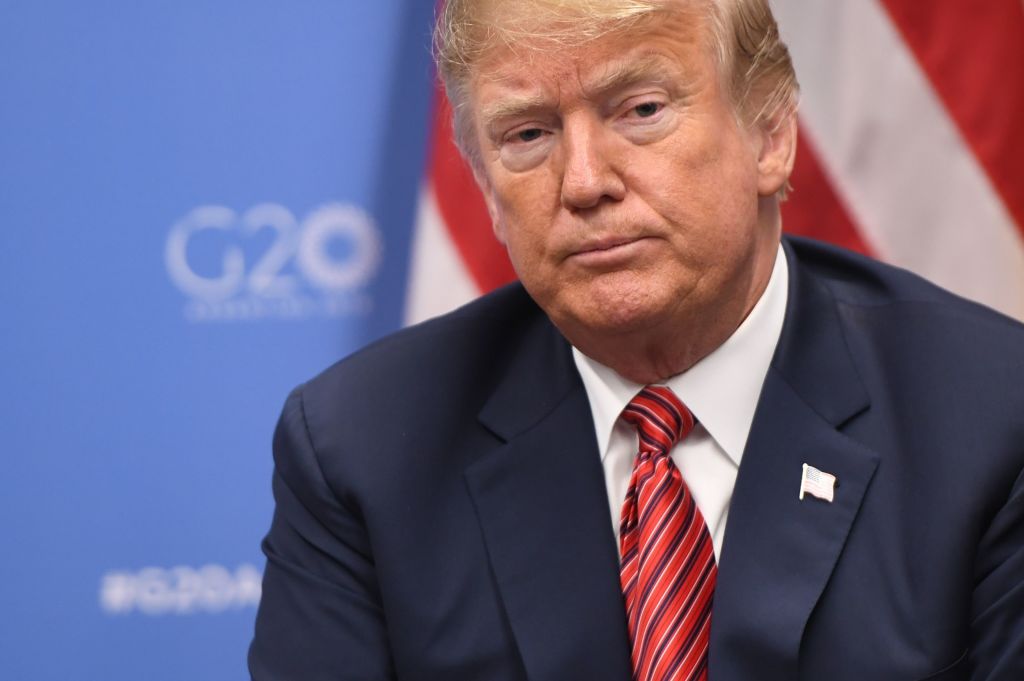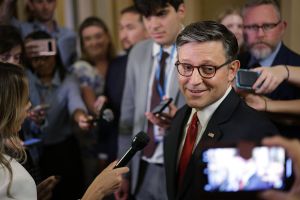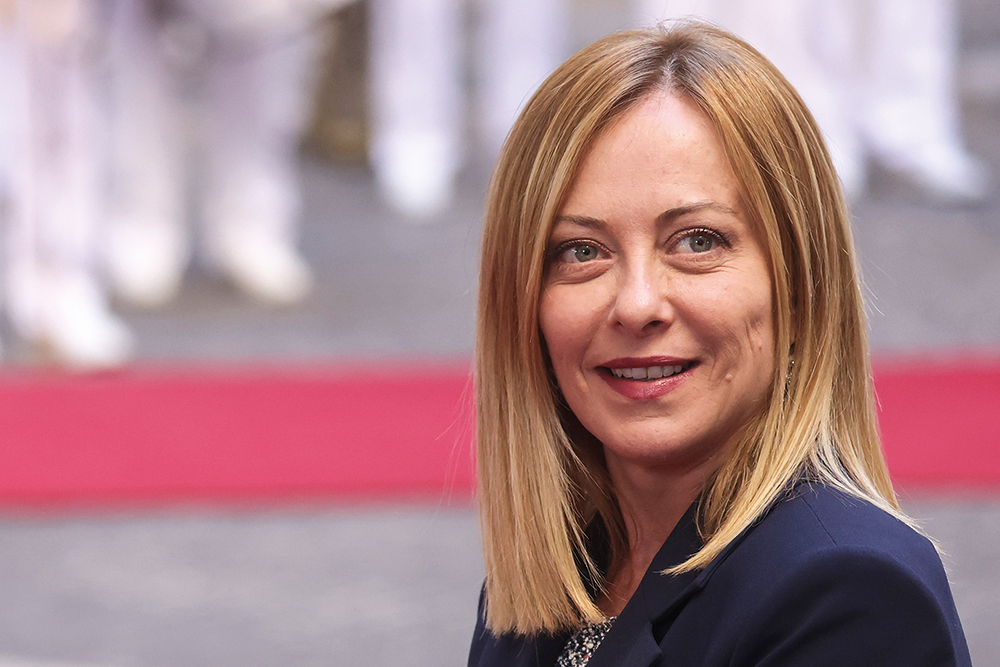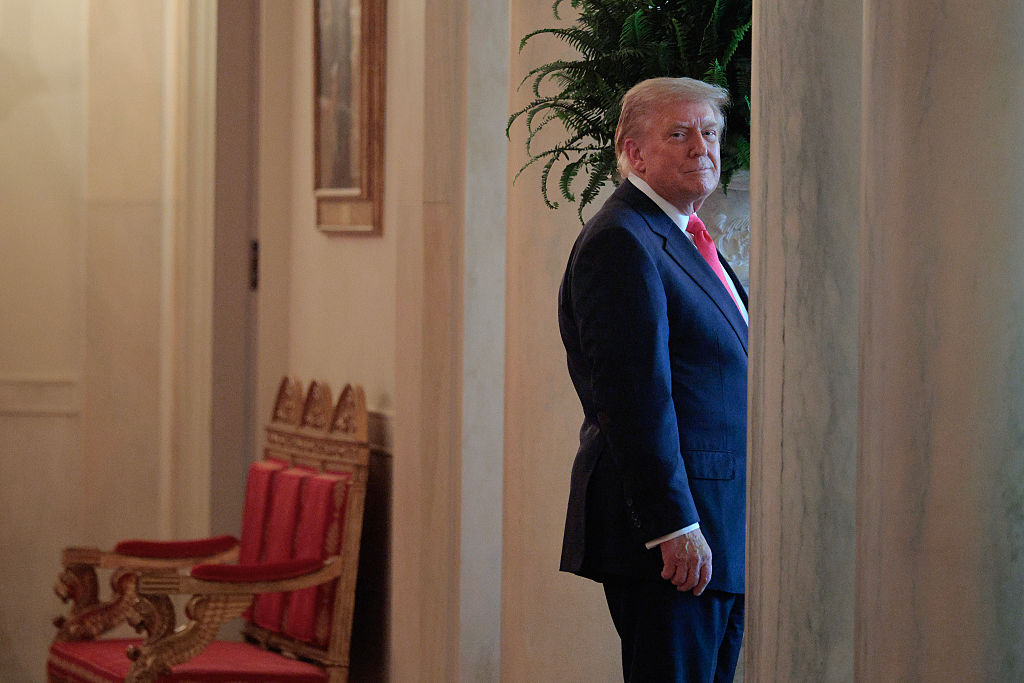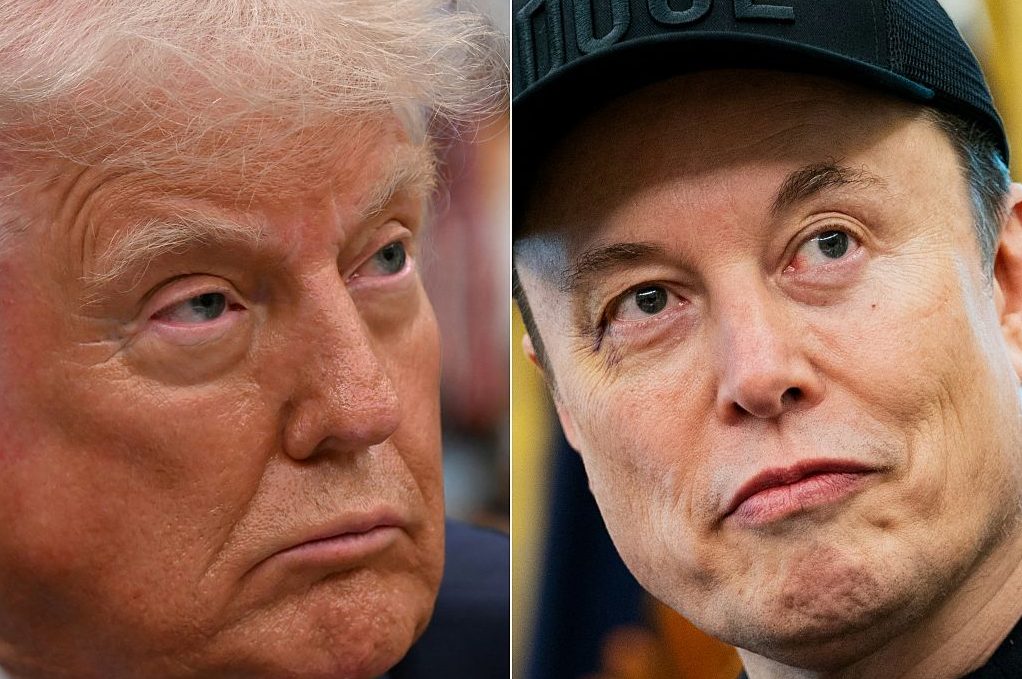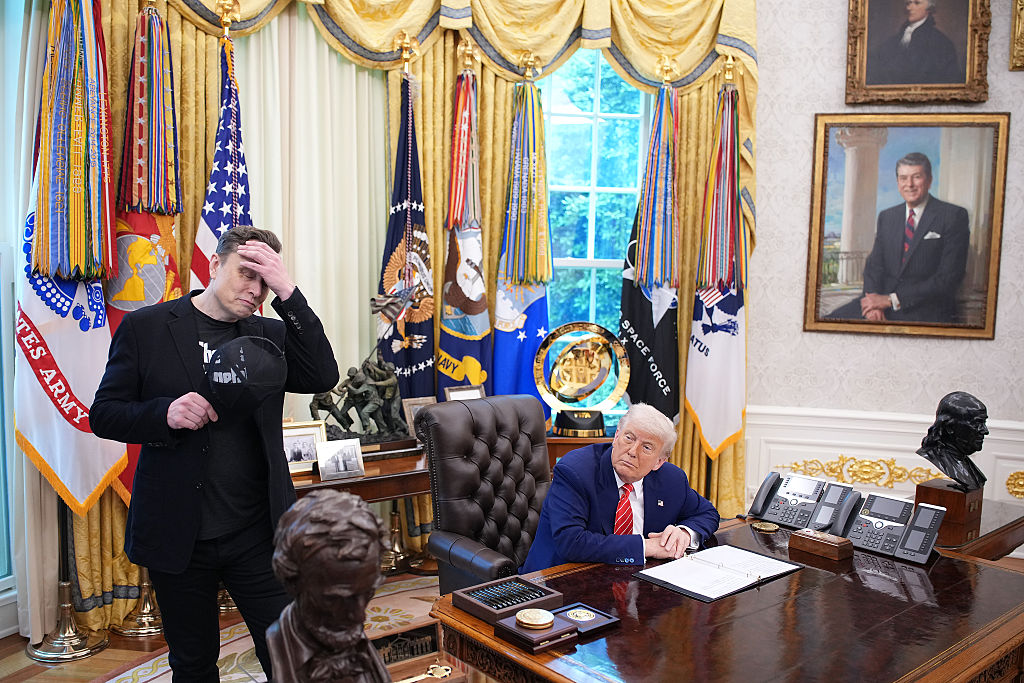Diplomacy has not changed much in the past 70 years, since Dean Acheson and others sought to restore order in the aftermath of World War Two. For the most part adjustments are piecemeal, diplomats and bureaucrats are in control, which is why G20 leader summits like this week’s have tended to feel so staid. Until Donald Trump, that is. Most diplomats or leaders play chess. Trump plays poker.
Trump is by no means the first poker-playing American President. Both Roosevelts played in social, low-stakes games. Eisenhower and Nixon played more seriously and for higher stakes. Nixon apparently funded his first Congressional race, in part, with poker winnings. But Harry Truman is probably the best known poker-playing President althou
I first became aware of Trump’s interest in poker when, years ago, I’d visit Atlantic City and stay at the immodestly named Trump Taj Mahal. The otherwise rather average hotel was home to an enormous poker room. Unlike most other resort hotels, say those in Las Vegas, the Taj poker room was in prime position right by the grand entrance. I liked the well-run card room and played there quite a lot. The local players would swap anecdotes about Trump occasionally dropping by and playing a few hands. More recently, in May, and on a decidedly bigger stage, Trump noted that ‘President Xi is a world class poker player’. A compliment? A reminder? A warning? A hint to a wider audience about what is going on?
Poker players are loners – they are definitely not team players. The game may be sociable but it is solitary. It is possible to set up plays but for the most part it is a game of tactics rather than strategy. Texas Hold’em is fast and fluid. The decision to discard cards or play a hand is easy enough, thereafter pressure builds quickly. It helps to be good at reading people and situations. Misinformation and misdirection are the norm. A good player needs to be flexible, able to change from aggressive to passive and back. It is a game of attack rather than defense. A poker-playing President will have little time for alliances, will constantly probe for advantage, will try to destabilize and distract opponents. He will disrupt, challenge, upset.
Most high-rollers prefer to look their opponent in the eye, to be able to make a personal judgement, to read the person. I’m not a high-roller, but over the years I’ve discovered that it is helpful to try and engage with an intimidating opponent. A little conversation can quickly undermine a carefully contrived hostile image. Recently, in a poker tournament, a young man kept raising me. During a break I congratulated him on his excellent play and was amused to discover he had an unusually squeaky voice. He no longer seemed intimidating and back at the table I promptly reraised him – thereafter he took to bullying other players. A poker-playing President will be keen to meet adversaries face-to-face, to make a judgement – the meeting with Kim Jong-un being an obvious example.
If President Trump has a poker style it is almost certainly loose aggressive. It is the most challenging style to play well and the most difficult to play against. It is very hard to read a loose aggressive player, to know what they might do next. Such players are constantly taking the initiative, dominating the game. They are predictable only in their unpredictability. Sometimes they go down in flames but usually it is the loose aggressive players that win the money. Loose aggressive stands against tight weak. President Carter would probably play tight weak as would Mrs May, although it is hard to imagine either at a poker table.
For many years American diplomacy was, in part, guided by Theodore Roosevelt’s dictum that one should ‘speak softly and carry a big stick’. Future Presidents tended to ‘speak softly’ while some occasionally used their ‘big stick’. Clearly Trump doesn’t ‘speak softly’ – he ‘talks’ loudly and constantly. At the poker table this sort of behavior is supposed to distract and annoy, and often does. If media coverage is accurate it seems to do much the same on the international stage. But behind the bluster and aggression there is calculation. If you bet or raise you put pressure on your opponents. Conservative players will often fold the winning hand. Bluffs don’t need to work every time. The aim is to build a chip or monetary advantage by taking lots of small to medium pots; big confrontations are kept to a minimum. Advantage is secured in increments not because of grand strategy. If poker engenders any sort of world view it is Hobbesian and players act accordingly.
For all Trump’s faults, and there are many, he does seem to be able to read situations as well if not better than many of his opponents. What isn’t so clear is whether he is actor or reactor. Clearly the chess analogy suited a bi-polar world. But maybe an increasingly multi-polar world is one where the game has changed. Trump’s inclination to poker rather than chess is perhaps purely fortuitous. Thus possibly the public applauding of President Xi. It is sensible to ensure participants are playing the same game, otherwise things really can get out of control.
A loose aggressive poker-playing President may horrify some but the reality is that such a person is often more in control of events than the supposedly reassuring and conservative leader. The latter spends much time reacting, responding while the former sets the agenda, decides when to raise the stakes, will have enough wins to their name to be able to fold and move on when something doesn’t work out. The difficulties arise when the opposition either doesn’t know what to do or isn’t good enough to read the situation. It is certainly possible President Xi is a useful poker player, more conservative than Trump and more inclined to a long game but doubtless deserving of his place at the table. I’d be less sanguine about the card-playing skills of Iranian diplomats.
The greatest challenge for a poker player is knowing when to leave the game. Most players overlook the role of luck, misinterpret winning as being a consequence of their abilities and overreach, ignore reversion to the mean. Politicians too. If Trump could bank his successes and leave the White House after four years he could lay claim to being ‘a world-class poker player’ who quit when he was ahead. Thereafter diplomats could again go back to what they did before or, if the world really has changed, they could hurry out and buy some poker manuals.
Arthur W. Goodhart was a literary agent for 30 years. He has just published Trips: People, Places, Poker.



